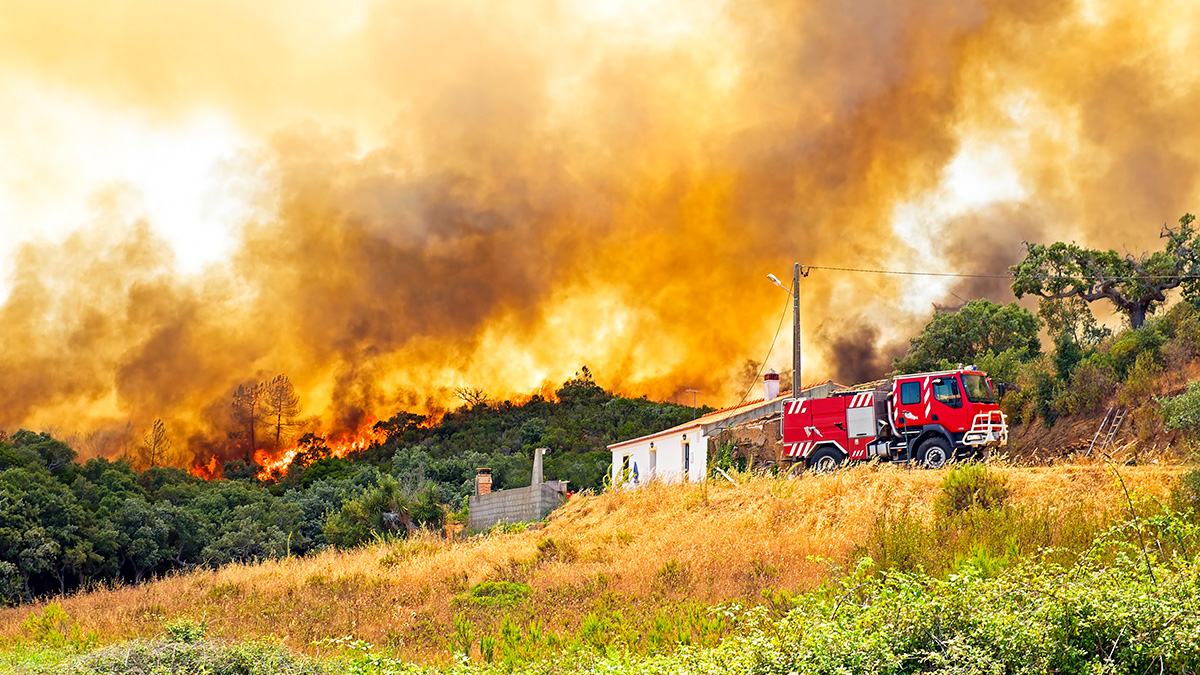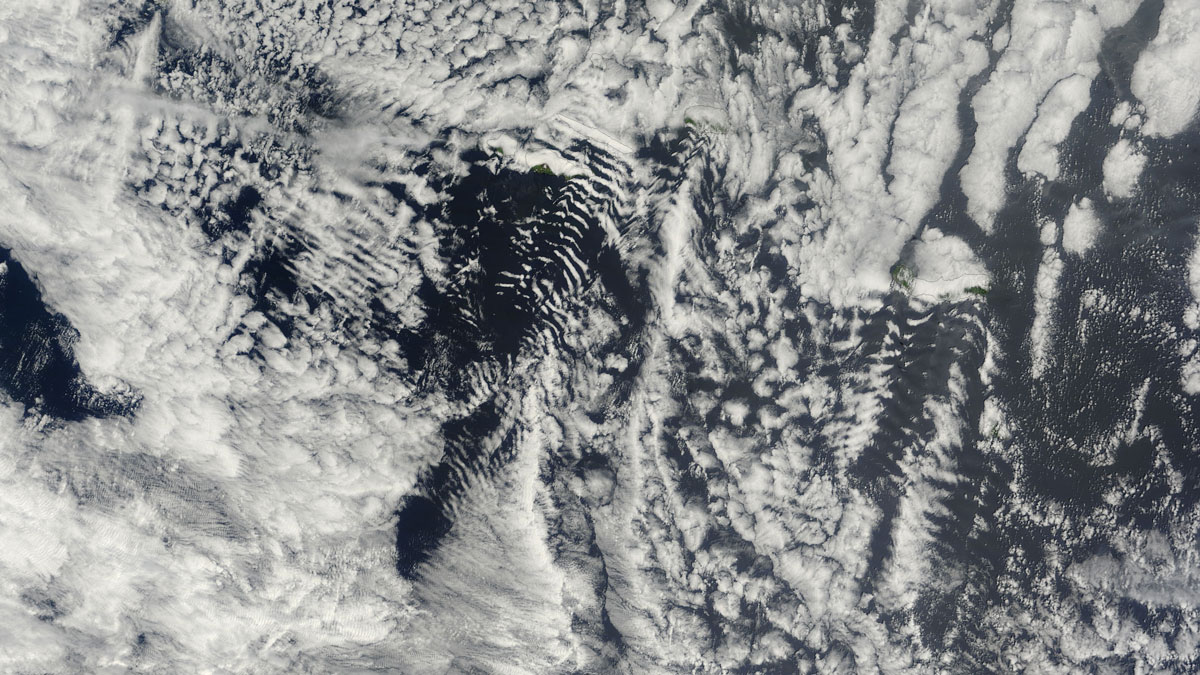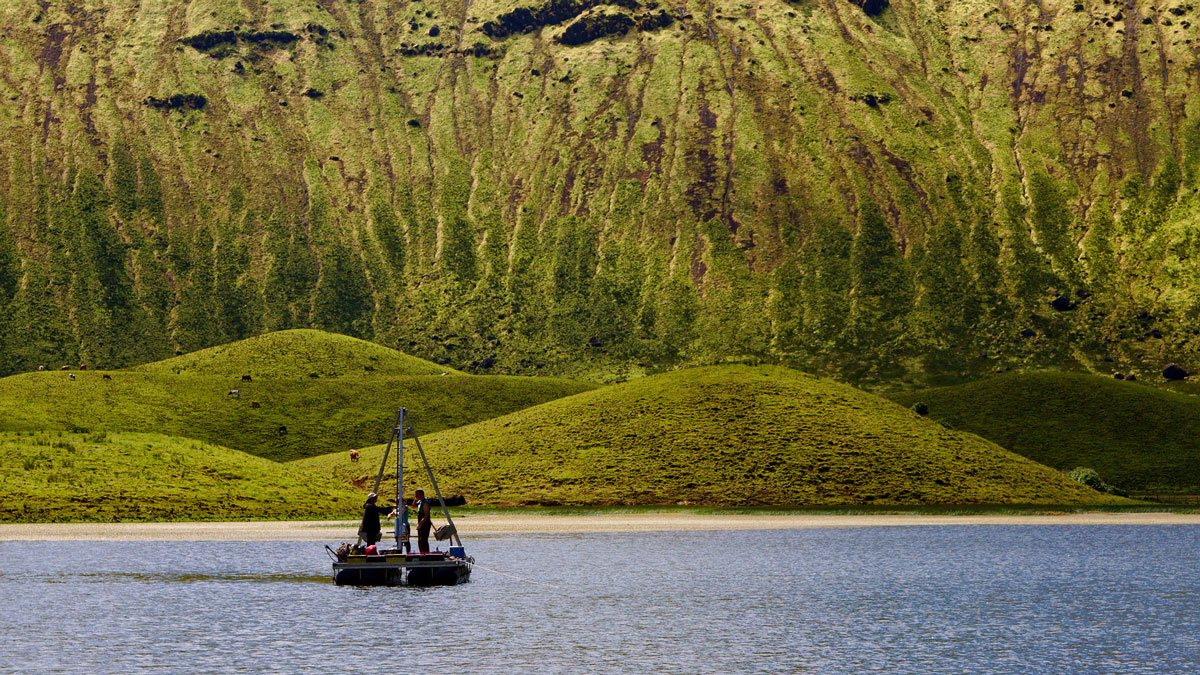A new device enables existing submarine cable networks to measure deep-sea movements. It could ultimately help improve tsunami warnings and climate monitoring.
Portugal
Como os Incêndios e o Clima Afetam a Saúde Pública de Portugal
Os investigadores analisaram os dados para examinar os efeitos dos incêndios florestais, dos poluentes e dos fatores meteorológicos na mortalidade e na saúde cardiovascular no país ibérico.
Sedimentos Caribenhos Rastreados até o Terremoto e Tsunami Português de 1755
Arqueólogos escavando na Martinica encontraram por acaso o primeiro depósito de tsunami do terremoto encontrado no Novo Mundo. Ao que parece, o tsunami deixou um forte rastro, pois a onda passou por cima de um rio.
How Wildfires and Weather Affect Portugal’s Public Health
Researchers dug into data to examine the effects of wildfires, pollutants, and meteorological factors on mortality and cardiovascular health in the Iberian country.
Making Underwater Cables SMART with Sensors
Future cables that stretch across the ocean, transmitting cat videos and financial transactions, could also contain temperature, pressure, and seismic sensors that would allow scientists to spy on the seafloor.
High Schoolers Measure Earth’s Magnetism from Space
The experiment was one of the winning projects of the Astro Pi Challenge, in which hundreds of young scientists analyzed data collected from the International Space Station.
How Do Marine Gases Affect Cloud Formation?
By using novel aircraft measurements over the eastern North Atlantic Ocean, researchers shed light on the relationship between common marine biogenic gases and the microphysical properties of clouds.
How Does Sand Move? New Observations Challenge Prevailing Formulas
Research in the Azores finds a discrepancy between field observations of sediment transport and predictions made with commonly used mathematical formulas.
Sediments Suggest Vikings May Have Been the First to Settle the Azores
A multidisciplinary team studying lake sediments and climate change found evidence that the archipelago was inhabited 700 years earlier than historical sources claim.
Caribbean Sediment Traced to 1755 Portuguese Quake and Tsunami
Archaeologists digging in Martinique chanced upon the first tsunami deposit from the earthquake found in the New World. The tsunami left a strong trace, it seems, because the wave went up a river.










